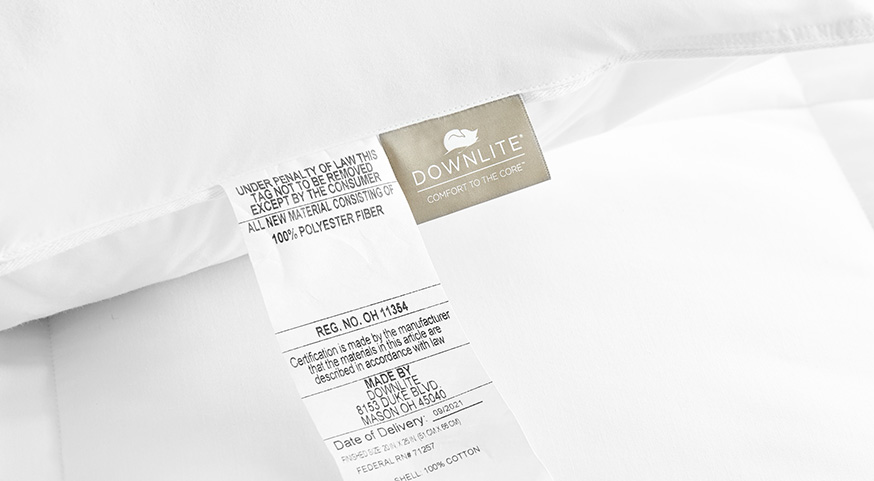Posted by DOWNLITE on Oct 16, 2017
The More You Know: Pros and Cons of Caffeine
If you follow health news, you may be confused whether caffeine is good or bad for you. One day’s study touts the health benefits of our morning joe, while the next advises extreme caution with any caffeine-containing goodies.
One thing is clear: Many Americans enjoy their morning cup of coffee, the most widely used product containing caffeine. More than half of American adults drink coffee on a daily basis. Among coffee drinkers, 60 percent say they “need” it to begin their day. Caffeine also is present in many other products, including: sodas, chocolate, and certain medications.
The Centers for Disease Control reports that at least 25 percent of Americans occasionally don’t get enough sleep, while 10 percent endure chronic insomnia. And just about everyone would love to know how to sleep better. The question that needs answered is: what role does caffeine play in sleep quality and overall health?
How Caffeine is Good for You
A little stimulation from caffeine is positive in many ways and can boost our productivity, experts tell us. Medical News Today notes that studies suggest consumption of three cups of coffee each day might lower the risk of liver cancer by 50% and that four cups per day could cut the risk of mouth and throat cancer by 50%.
Consuming caffeine also has been linked to benefits for the brain. A Harvard School of Public Health study found that consuming 200 milligrams of caffeine daily might increase long-term memory retention. Moderate caffeine consumption also has been linked to protection against Parkinson’s disease, strokes, heart disease, and diabetes.
While caffeine has a reputation as one of the world’s few legal addictive substances, WebMD notes that the “addiction” aspect might be overstated. It’s true that caffeine stimulates the central nervous system and that regular use can cause a low level of physical dependence. But the main result is short-term withdrawal symptoms like: fatigue, irritability, and headaches.
How Caffeine is Bad for You
Caffeine in high doses can be bad for your health and can cause serious problems for people who are especially sensitive. Medical News Today states that caffeine is classified as a psychoactive drug that can cross the blood-brain barrier. Medical experts warn that consumption in excess of 500 milligrams of caffeine per day can result in an upset stomach, abnormally fast heartbeat, nervousness, and insomnia.
Some research has found negative health effects from even smaller amounts of caffeine. One study found that four cups of coffee consumed daily might increase the risk of early death.
Knowing Yourself is Key
The effects of caffeine vary widely by individual, possibly explaining the mixed messages about whether consumption is positive or negative. Certain health factors, such as the presence of anxiety disorders or a smoking habit, can result in caffeine metabolizing at different rates and having more serious effects over the long term.
Some medications can slow caffeine metabolism, keeping it in the body longer and increasing the effects. Genetic traits and lifestyle factors play a major role in how caffeine affects individuals, as well. But there’s no safe level of caffeine consumption for children and adolescents, since their brains are still developing.
It’s All in How You Use It
Consuming too much caffeine is linked with certain health problems, but a 2011 study published in the “Journal of Clinical Sleep Medicine” found that low or moderate amounts probably aren’t responsible for cases of chronic insomnia. Anyone who spends long hours working or studying knows caffeine can boost productivity when used correctly. The bottom line with caffeine, is balance.







